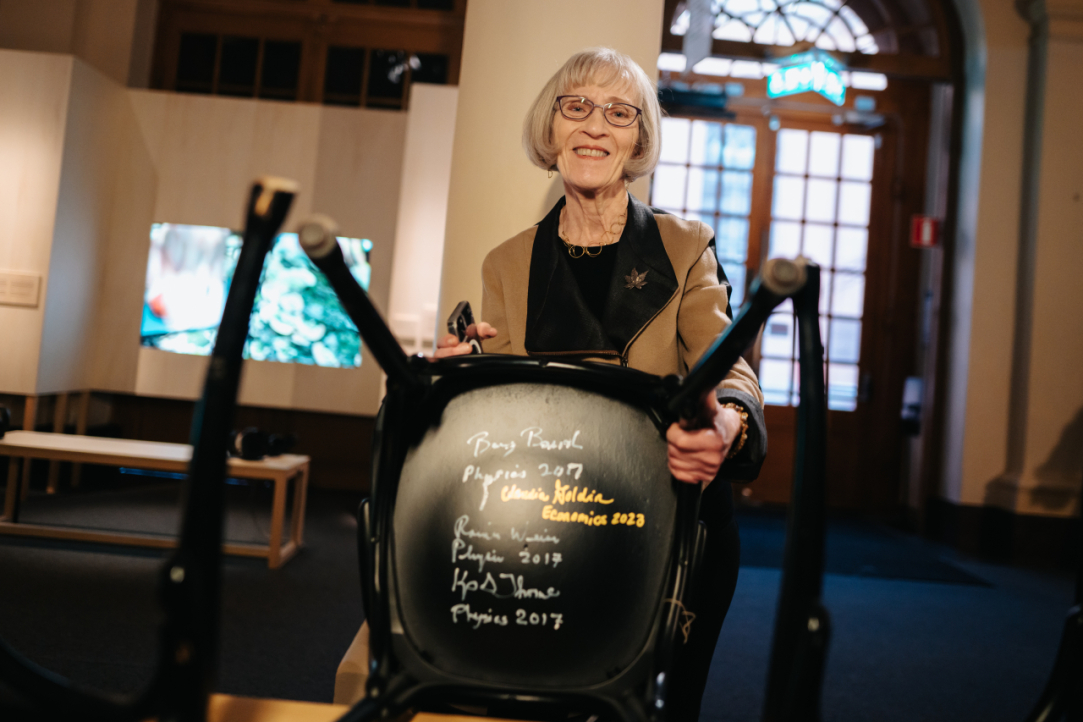
Try Your Hand at Predicting the 2024 Nobel Prize Winner in Economics
The Faculty of Economic Sciences is launching its annual prediction contest. On October 14, the Nobel Committee will announce the winners of the Sveriges Riksbank Alfred Nobel Prize in Economic Sciences live on air. You have time to prepare and explore the landscape of contemporary economic thought. What topics and areas are considered particularly important and promising at the moment? Anyone can win.
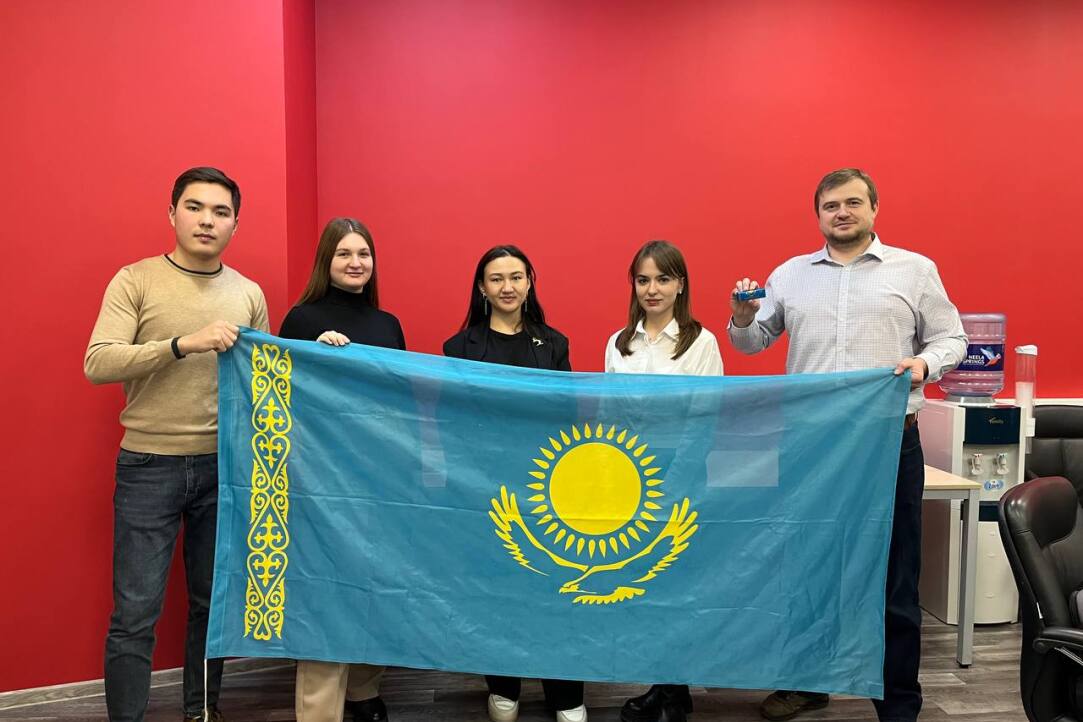
Applications for ‘Study Tour Experience’ Now Open
HSE ‘Study Tour Experience’ is a unique project for international applicants who want to experience what it's like to be an HSE master’s student. The international training internship by the HSE International Admissions Office has been functioning since 2020 in two formats (offline and online) and in two languages—Russian and English. In the autumn semester of the 2024/25 academic year, the internship will take place November 11–23. The application deadline is October 13.
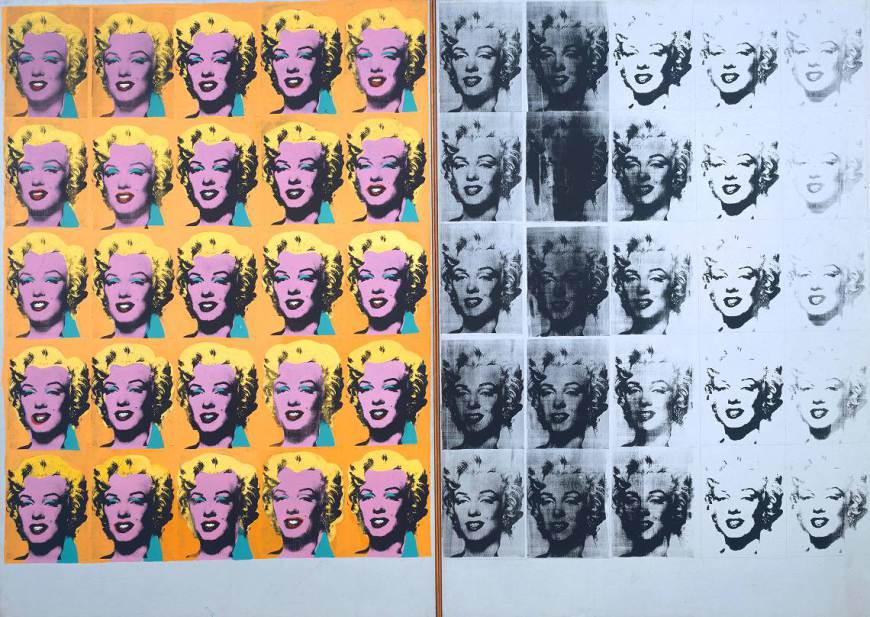
Beauty in Details: HSE University and AIRI Scientists Develop a Method for High-Quality Image Editing
Researchers from theHSE AI Research Centre, AIRI, and the University of Bremen have developed a new image editing method based on deep learning—StyleFeatureEditor. This tool allows for precise reproduction of even the smallest details in an image while preserving them during the editing process. With its help, users can easily change hair colour or facial expressions without sacrificing image quality. The results of this three-party collaboration were published at the highly-cited computer vision conference CVPR 2024.
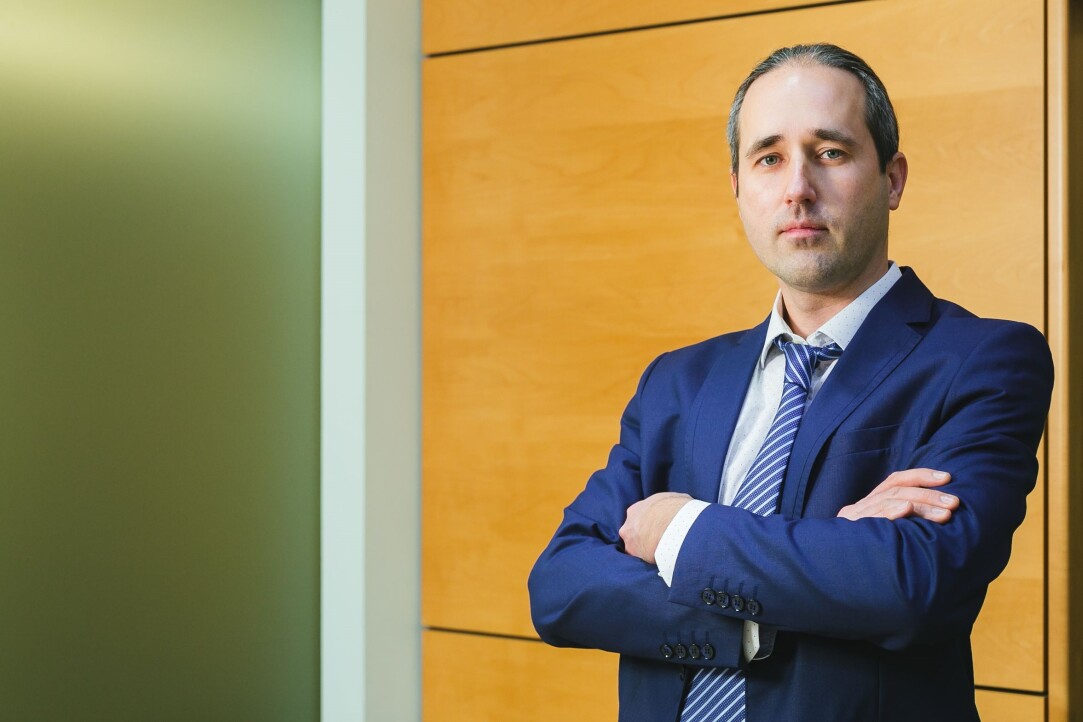
'Our Country Has the Best Fintech: Foreign Markets Do Not Have Such Management Technologies'
Fyodor Tikhonov, graduate of the HSE Tikhonov Moscow Institute of Electronics and Mathematics is responsible for internal analytics focused on large corporate businesses at Absolut Bank and also mentors startup founders, helping them adopt a broader perspective and successfully navigate the stages of growth. In this interview with Success Builder, he shares his experiences working in the financial sector, pursuing an MBA with his last remaining funds and immersing himself in the world of venture capital and startups, and discusses the upcoming changes in the field of education.

HSE Scientists Have Examined Potential Impact of Nuclear Power on Sustainable Development
Researchers at HSE University have developed a set of mathematical models to predict the impact of nuclear power on the Sustainable Development Index. If the share of nuclear power in the global energy mix increases to between 20% and 25%, the global Sustainable Development Index (SDI) is projected to grow by one-third by 2050. In scenarios where the share of nuclear power grows more slowly, the increase in the SDI is found to be lower. The study has been published in Nuclear Energy and Technology.
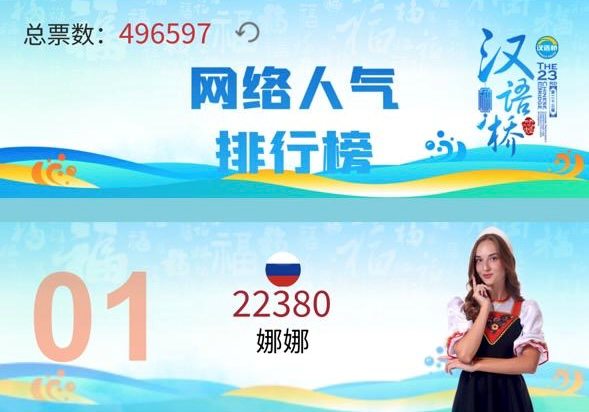
Graduate of HSE University in St Petersburg Receives Award at ‘Chinese Bridge’ Competition in Beijing
In early September 2024, Anastasia Usyk, a graduate of the Bachelor’s Programme in Asian and African Studies at HSE University in St Petersburg, participated in the final round of the ‘Chinese Bridge’ International Language Competitionin Beijing, where she won the first prize in online voting and received the Audience Award and the Award for Most Outstanding Performance. She spoke about her experience in the competition,her studies and future plans in an interview with HSE News Service.
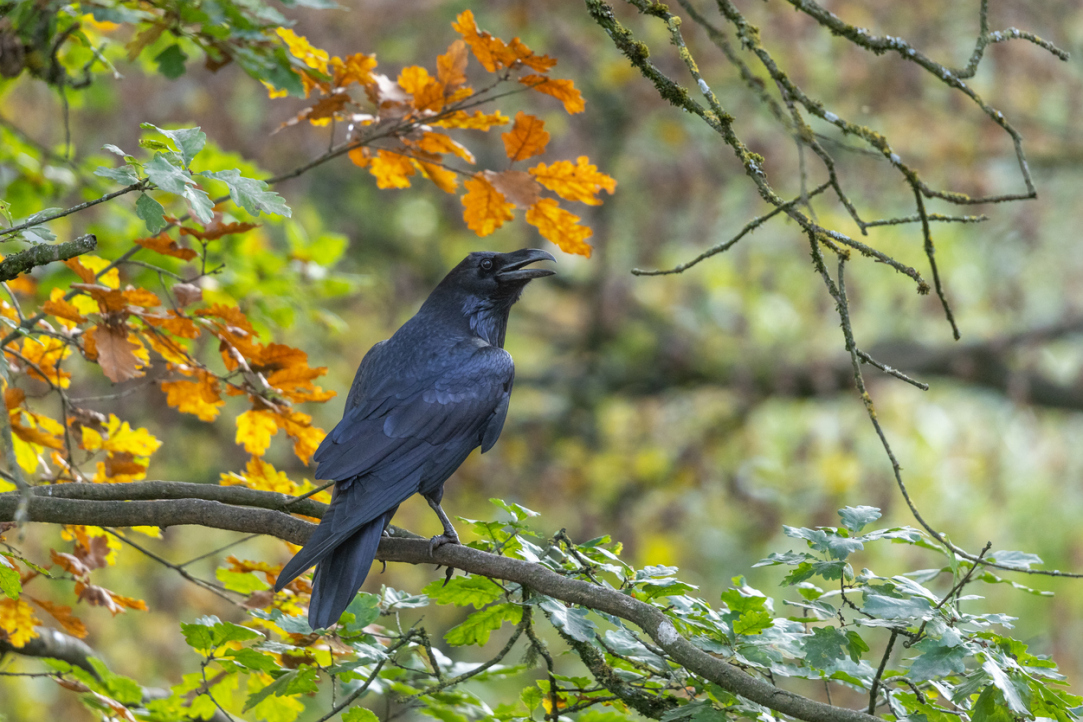
‘My Goal Was Not to Profit from the Corvids but to Develop Methods for People and Birds to Interact’
This summer, Rodion Mutsolgov from the Moscow Region enrolled in HSE University after developing a project to train birds of the corvid family to collect trash. His project was recognized as one of the best at the third annual research project competition for applicants to the HSE Faculty of Computer Science (FCS), and also became one of the winners of the Ecology is Everyone's Business International Award. The HSE News Service interviewed the first-year student about his research discoveries and university experience.

‘We Bring Together the Best Russian Scientists and AI Researchers at HSE University Site’
On October 25–26, 2024, HSE University’s AI and Digital Science Institute and the AI Research Centre hold the Fall into ML 2024 conference in Moscow. This year’s event will focus on the prospects in development of fundamental artificial intelligence, with SBER as its conference title partner.
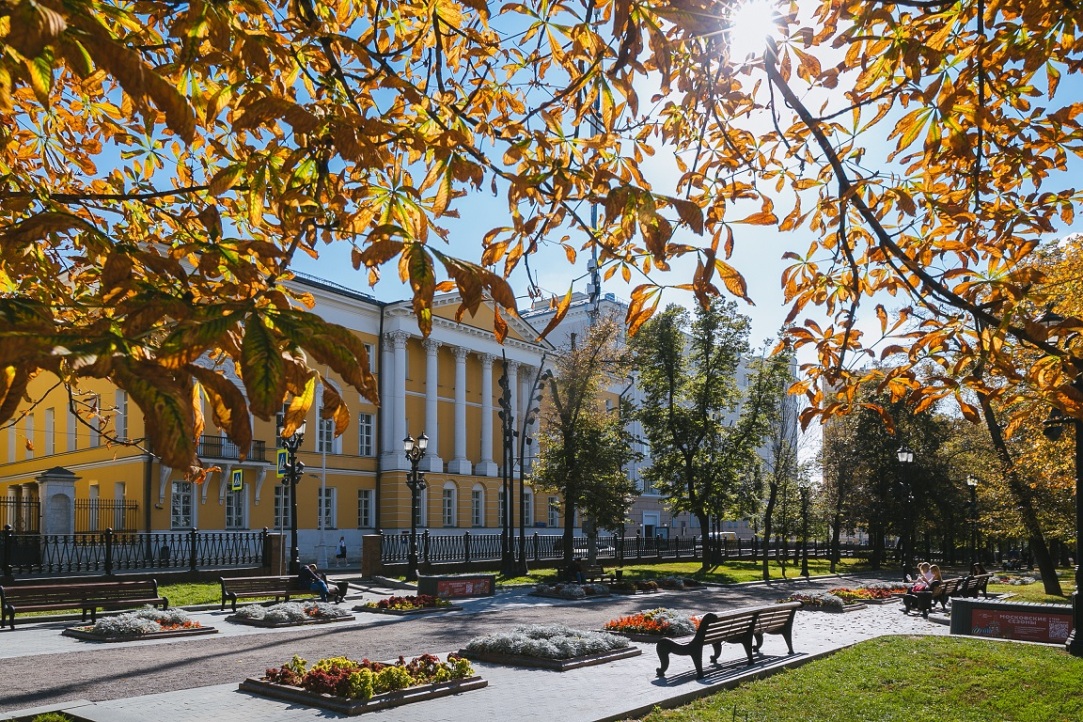
HSE Tops the Ranking of Universities Leading in Technology Entrepreneurship
HSE University has taken a leading position in the university ranking prepared by the 'Expert' analytical centre. The ‘Techpred-50’ ranking evaluates the success of educational institutions in training founders of technology startups over the period from 2014 to 2023. HSE University has entered the Top-3, alongside MIPT and Moscow State University.

Neural Network for Assessing English Language Proficiency Developed at HSE University
The AI Lingua Neural Network has been collaboratively developed by the HSE University’s AI Research Centre, School of Foreign Languages, and online campus. The model has been trained on thousands of expert assessments of both oral and written texts. The system evaluates an individual's ability to communicate in English verbally and in writing.


Application deadline: June 23, 2025